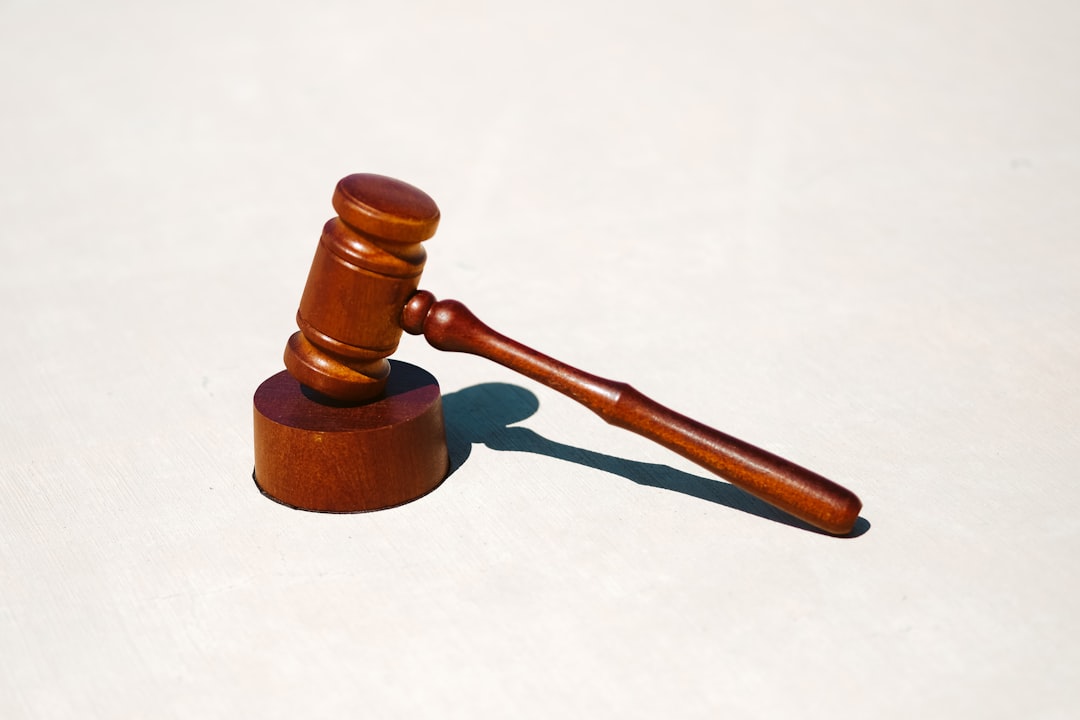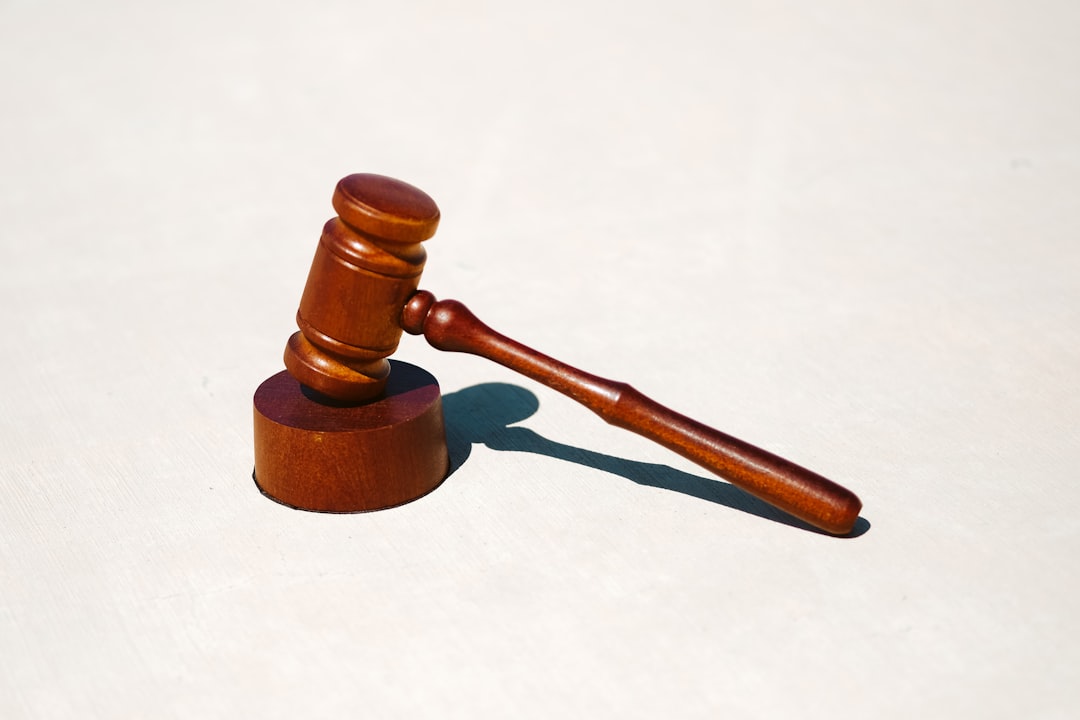Maryland's sexual assault laws have evolved dramatically, driven by societal changes and advocacy from sexual assault lawyers. Early laws were vague and marriage-centric, struggling to protect individual consent. Today, thanks to reforms, Maryland has clear definitions and prioritizes consent, with landmark cases like State v. Jones (1992) and Johnson v. State (2007) shaping practices. Sexual assault lawyers draw from these cases to advocate for justice, protect victim rights, and hold perpetrators accountable, while the system evolves to handle cases more sensitively. These trials impact survivors' healing and public perception, making sexual assault lawyers crucial in navigating complex procedures and advocating for systemic changes.
Maryland’s history is marked by significant sexual assault trials that have shaped legal precedents and influenced the state’s criminal justice system. This article delves into the evolution of sexual assault laws in Maryland, highlights landmark cases, examines their impact on survivors, and explores the role of legal advocacy. We analyze current challenges faced by sexual assault lawyers in MD and offer insights into future directions, emphasizing the critical role these attorneys play in protecting victims’ rights.
Key topics include: historical context, landmark cases, survivor impact, legal advocacy, current challenges, and future strategies for sexual assault lawyers in Maryland.
Historical Context: Maryland's Sexual Assault Laws

Maryland, like many states, has grappled with evolving its laws surrounding sexual assault over time. Historically, the state’s legal framework often reflected societal attitudes and norms that made it challenging for survivors to seek justice. Early Maryland laws on sexual offenses were often vague and focused more on marital relationships than individual consent. This context underscored the need for a strong voice from sexual assault lawyers in Maryland who could advocate for victims’ rights.
Over the years, significant changes have been made to address these issues. Today, Maryland has established clear definitions of sexual assault, ranging from forcible rape to other forms of non-consensual intimate acts. These advancements empower survivors and enable sexual assault lawyers in Maryland to hold perpetrators accountable. The state’s legal system now recognizes the importance of consent as a fundamental aspect of any sexual interaction, reflecting a broader societal shift towards recognizing and supporting victims of sexual violence.
Landmark Cases: Shaping Legal Precedents

In the history of Maryland, several sexual assault trials have left an indelible mark, shaping legal precedents and setting standards for justice. These landmark cases not only brought attention to the severity of sexual violence but also solidified the rights of victims and the importance of strong legislation. One such notable trial was State v. Jones (1992), where a Maryland sexual assault lawyer played a pivotal role in advocating for the victim’s rights. The case established important guidelines regarding evidence collection and the admissibility of victim statements, setting a precedent that protected victims and ensured fair trials.
Additionally, Johnson v. State (2007) is another crucial example. This trial highlighted the complexities of consent and the need for clear legal definitions. The outcome strengthened Maryland’s sexual assault laws, emphasizing the state’s commitment to addressing these crimes effectively. These landmark cases continue to influence legal strategies and remind sexual assault lawyers in Maryland of the power of advocacy, ensuring that victims receive justice and that perpetrators are held accountable.
Impact on Survivors and Criminal Justice System

The impact of sexual assault trials is profound, with far-reaching effects on both survivors and the criminal justice system in Maryland. For survivors, these trials can be a powerful tool for healing and justice, providing an opportunity to share their stories and hold perpetrators accountable. However, the process can also be incredibly traumatizing, requiring specialized support and advocacy from sexual assault lawyers in Maryland to ensure their voices are heard without further harm.
The criminal justice system has evolved over time in response to the challenges of sexual assault cases. In Maryland, there’s a growing recognition of the need for sensitive handling, thorough investigations, and robust legal representation for all parties involved. Sexual assault lawyers play a crucial role in navigating complex legal procedures, challenging evidence, and advocating for fair outcomes—ultimately strengthening the system’s ability to address this sensitive issue effectively.
Role of Legal Advocacy and Support Services

In Maryland history, notable sexual assault trials have been pivotal in shaping public perception and legal responses to this serious crime. The role of legal advocacy and support services has been instrumental in ensuring that victims receive justice and that perpetrators are held accountable. Sexual assault lawyers in Maryland play a crucial role by providing specialized knowledge and expertise to navigate complex legal systems. They offer vital support, guiding victims through the often intimidating process, and advocating for their rights.
These advocates work closely with victim support services to ensure comprehensive care. This includes emotional support, counseling, and legal assistance throughout the trial process. By combining legal prowess with empathy, sexual assault lawyers in Maryland help victims reclaim their lives and contribute to a more just and supportive criminal justice system.
Current Challenges and Future Directions for Sexual Assault Lawyers in MD

The landscape of sexual assault trials in Maryland continues to evolve, presenting both challenges and opportunities for lawyers specializing in this field. One significant challenge is the inherent sensitivity and complexity of such cases, which often involve deeply traumatic experiences for victims. Lawyers must navigate not only the legal intricacies but also the emotional and psychological aspects, ensuring a supportive environment that respects victim privacy and autonomy.
Looking ahead, sexual assault lawyers in Maryland have a crucial role in advocating for systemic changes. This includes pushing for improved training among law enforcement and judicial personnel to enhance sensitivity towards victims’ experiences, as well as promoting legislative reforms that better protect survivors and hold perpetrators accountable. By staying at the forefront of these developments, these legal professionals can contribute to a more just and responsive criminal justice system in Maryland.






